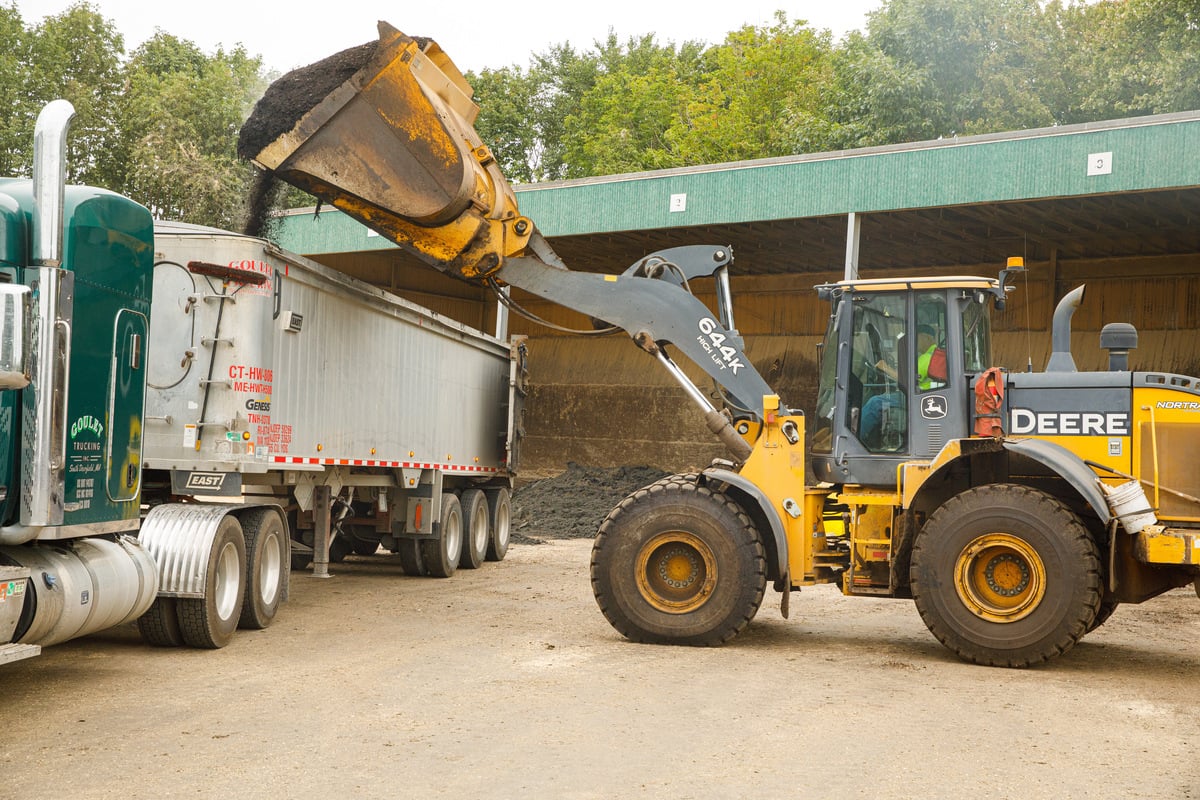|
|
|
It's back-to-school season, which I was reminded of Friday afternoon as the ice cream truck parked on our block, its little jingle echoing in the wind as students poured out of the school down the street.
As classrooms unfurl for the year, there's one question on a lot of minds: What to do about AI? Is it a crutch, a mechanism to cheat, that should be avoided at all costs? Or is it a tool that, when used correctly, can help teachers and students both?
Our education reporter Kristian Moravec delves into the debate in her story this week, talking to administrators and teachers from across the state about how they're thinking about generative AI, and the ethical questions posed by its use. Please read the piece, and then share your thoughts with us in this survey — we'd love to hear how your local school is using AI and what you think about it.
We also have a story that looks at how Maine chaplains are tackling climate anxiety; an update on what has changed since the state's mining rules were overhauled last year; and two stories digging into poor bookkeeping practices and inaccurate recordkeeping in The Forks Plantation and Washington County.
Our listening tour continues next week with stops in Rumford and East Millinocket. Join us if you can!
— Stephanie
|
|
|
|
|
|
‘Building the plane as we’re flying it’: How Maine schools are using generative AI in the classroom
One platform has more than 8,500 educator accounts in Maine. As teachers and students increasingly turn to these tools, some school districts are working to codify guidelines for ethical use.
Read this story by Kristian Moravec |
 |
|
|
|
|
|
On land and at sea, Maine’s chaplains tackle climate anxiety: Faith leaders are increasingly looking for ways to address people’s spiritual needs in the face of a warming planet. Read this story by Sean Scott |
|
|
|
Newry couple’s plans to extract lithium-rich ore remains ‘on hold’: “The mining regulations in Maine are not designed to promote environmentally safe extraction but rather to ban mining,” Mary Freeman contends. Read this story by Chris D'Angelo |
|
|
|
Washington County asks voters to borrow $11M to cover years of budget mismanagement: Inaccurate recordkeeping and slow audits caused officials to repeatedly underestimate how much it needed to raise taxes to cover its expenses. Read this story by Daniel O'Connor |
|
|
|
Two years after its government collapsed, a remote Maine community is still digging out: Turnover and poor bookkeeping practices have slowed a return to normal after a 2023 scandal roiled the community known best for whitewater rafting. Read this story by Daniel O'Connor |
 |
|
|
 |
|
|
 |
|
Maine Center for Public Interest Reporting welcomes four new board members
The new directors bring “a wealth and diversity of experience and perspectives” to MCPIR, which publishes The Maine Monitor.
Read this story |
|
|
|
|
|
|
|
|
 |
|
A Maine compost operation heavily contaminated by PFAS is closing
For almost four decades, Hawk Ridge, the state’s largest composting facility, turned sewage sludge into compost used in Maine and beyond.
Read this story by Lori Valigra of the Bangor Daily News
Note: this story appears on The Maine Monitor's website as part of our collaboration with Maine Focus, the investigative team of the Bangor Daily News. Read more about the partnership
|
|
Have feedback or a correction to send to Stephanie McFeeters? Send it to her directly via email: stephanie@themainemonitor.org.
The Maine Monitor is a publication of the Maine Center for Public Interest Reporting, an independent and nonpartisan nonprofit news organization that produces investigative journalism. We believe news is a public good and keep our news free to access. We have no paywall and do not charge for our newsletters. If you value the reporting we do for Maine, please consider making a donation! We cannot do this reporting without your support. |
|
|
|
|
|
|
|
|
|
|